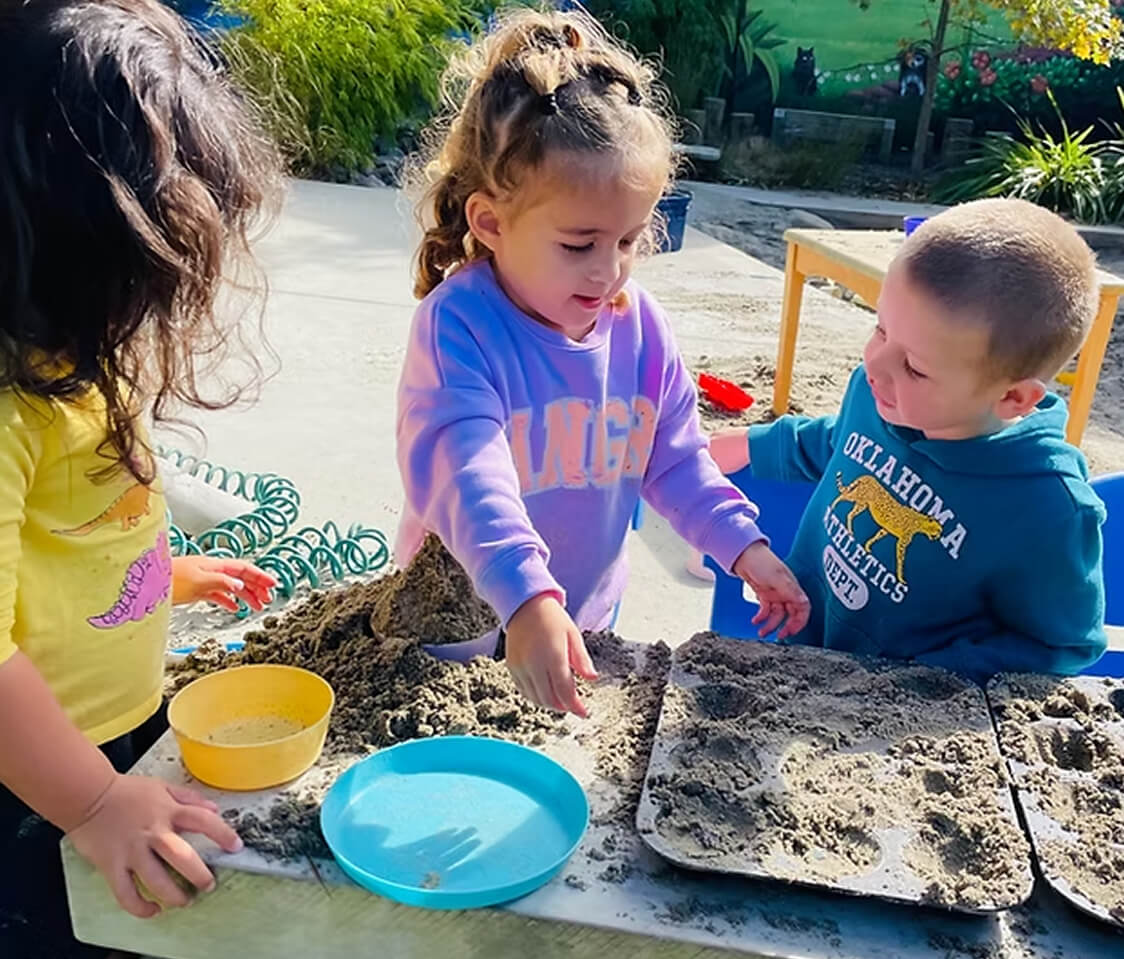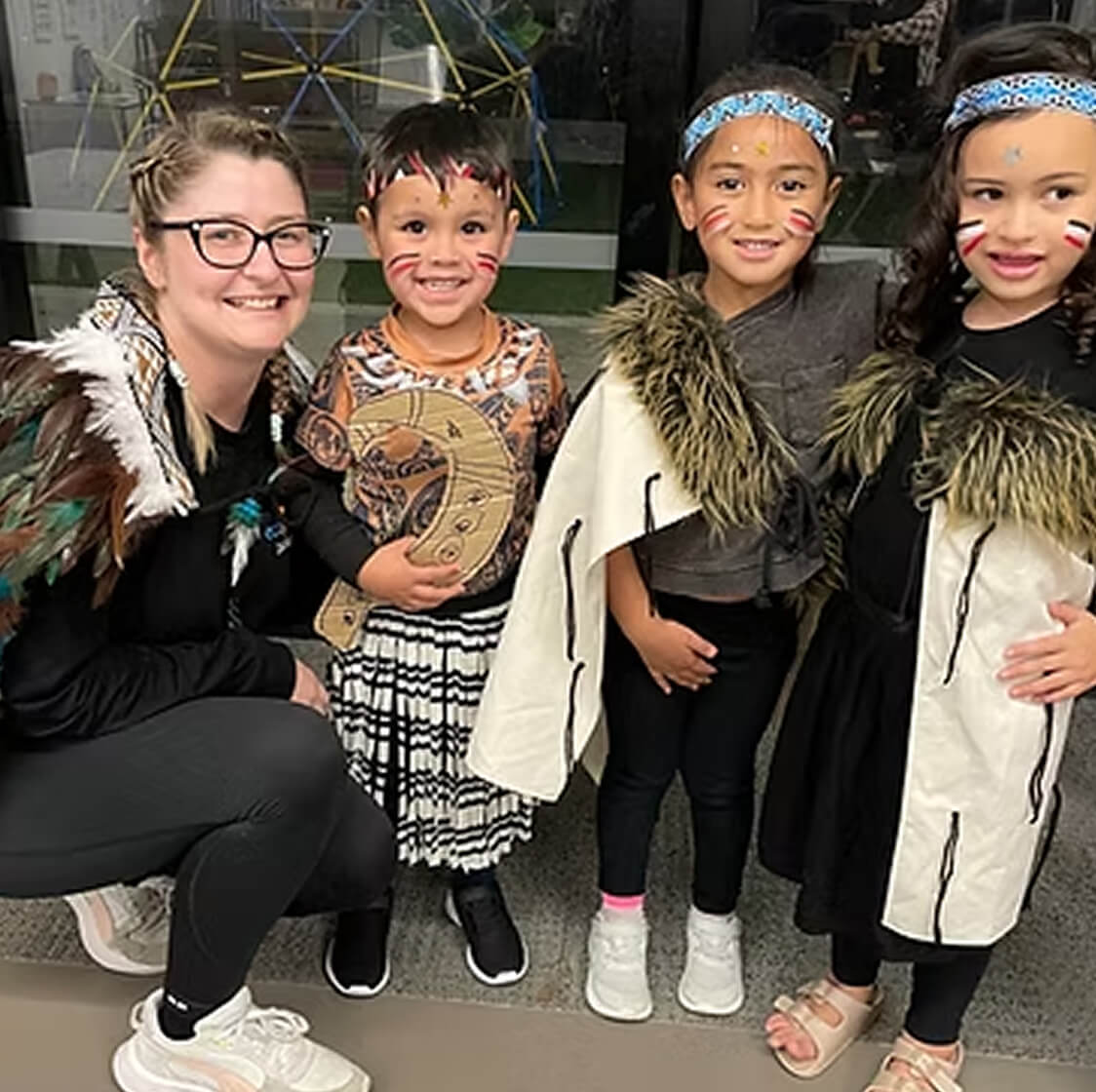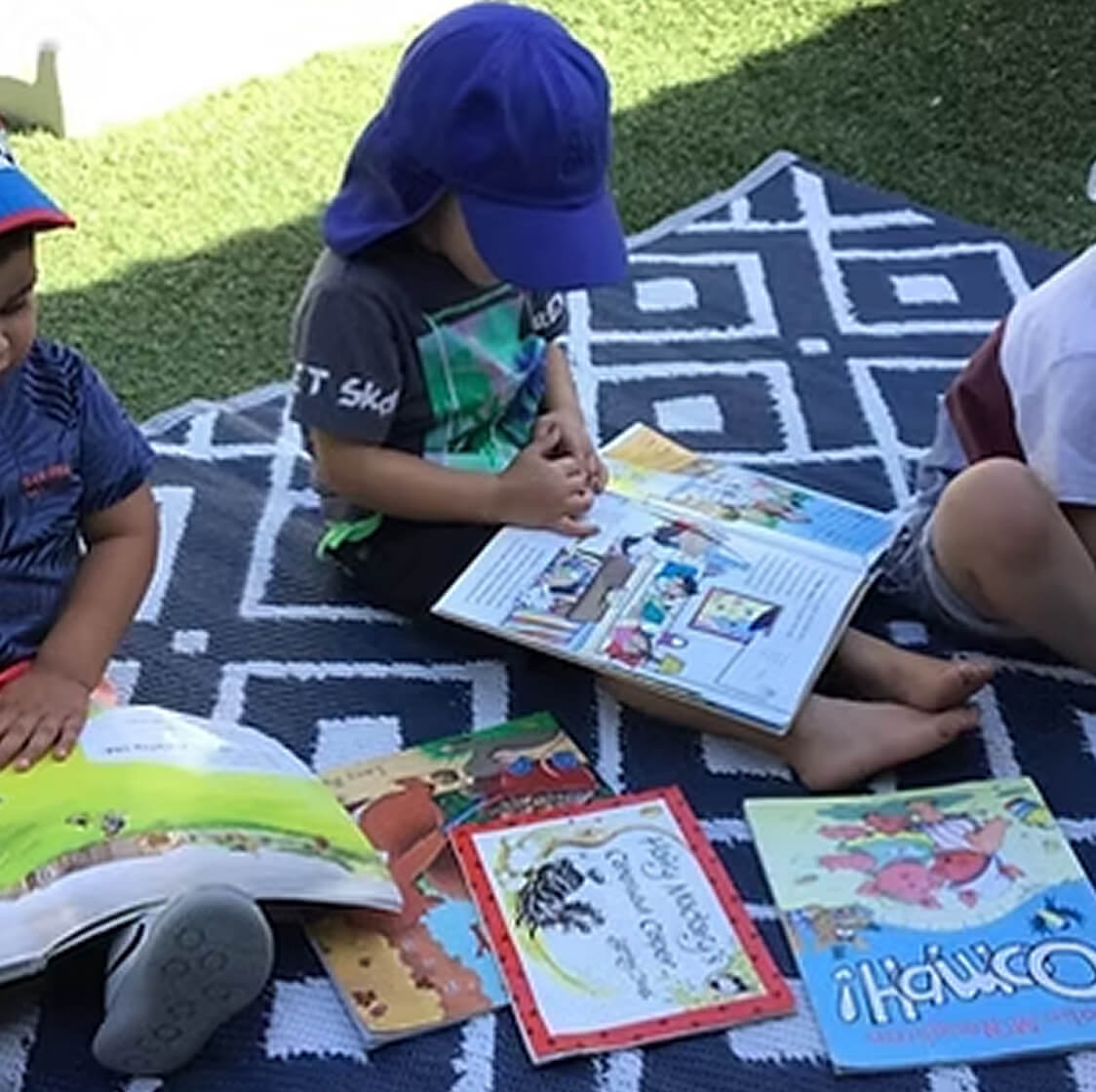We provide an educational experience that is values based to prepare children under the age of 5 for school and for life.
Weeks of Operation
52 weeks of the year
Location of Operation
7 Northside Drive, Westgate, Auckland
Hours of Operation:
7.00am – 6.00pm weekdays

We protect and develop.
Our philosophy is to enable young children under 5 years to grow up as competent and confident learners and communicators, healthy in mind, body, and spirit, secure in their sense of belonging and in the knowledge that they make a valued contribution to New Zealand’s multi-cultural society.
We provide an educational experience that is values based to prepare children under the age of 5 for school and for life


Unique Potential
Our philosophy is to recognise each child as unique, having the potential to contribute and develop in their own special way. The voice of the child will be heard at all levels and we will be respectful and cognisant of their families’ aspirations. We endeavour to facilitate each child’s development as they discover their place in the world, placing an emphasis on participation and achievement. No-one will be left out.
Our curriculum is based on Te Whaariki – the New Zealand Early Childhood Education Curriculum. As we set out to educate and care for each child, our curriculum provides infants, toddlers and young children with wonderful experiences that focus on the following principles:
Through the guidance of qualified and experience educators, these principles are woven into place with the following strands:


We provide an environment where culture is valued and people will not feel out of place no matter what culture they belong to. Our curriculum promotes respect for other cultures, and values Maori as an official language of New Zealand. We aim to assist children to become culturally aware, and learn how to respect, tolerate and celebrate the diverse cultures in New Zealand.
We celebrate some important calendar events such as Easter and Christmas. In celebrating cultural diversity, we also acknowledge other important celebrations such as the Chinese New Year, Independence Days, Matariki, Hanukah, St Patrick’s Day, Waitangi Day, and others where appropriate.


We believe each child has a creative side and therefore provide lots of opportunities for children to develop creative talents and potential in every aspect of their development.
Each child’s development is monitored closely and collected in a variety of ways thorough assessment strategies. A popular method is through a portfolio – this is put together by teachers and documents how each child learns over the year. Opportunities are provided for parent to meet with teachers to view and discuss their portfolios – we welcome any feedback from parents concerning their child’s learning.
Portfolio stories are also on our online portal through Educa, with parents permission.